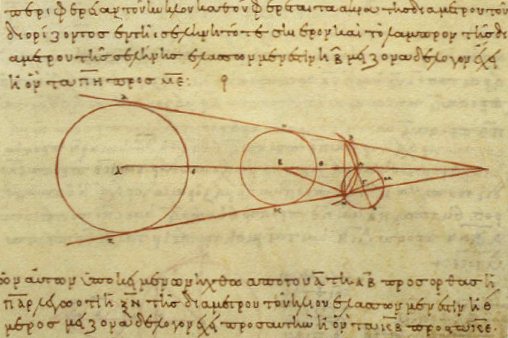A strong claim from historian of science Thomas Kuhn’s The Structure of Scientific Revolutions:
“Every civilization of which we have records has possessed a technology, an art, a religion, a political system, laws, and so on. In many cases those facets of civilization have been as developed as our own. But only the civilizations that descend from Hellenic Greece have possessed more than the most rudimentary science. The bulk of scientific knowledge is a product of Europe in the last four centuries.” (2nd edition, pp. 167-168)
And this from philosopher of science Stephen Toulmin’s Night Sky at Rhodes:
“Other cultures and civilizations — French, Etruscan, Japanese, T’ang, Khmer — have had an Aeschylus or a Pheidias, have produced noble dramas or fine sculptures; but the Greeks, and only the Greeks, invented the idea of an abstract and general scientific theory. (p. 9)
Why the Greeks? My answer: “Why Philosophy Begins with Thales” (podcast version; article version).
Now for the postmodernists’ assault on science, which is also the result of philosophy. All of the deep-thinker pomo (in contrast to the mere fellow-travelers) have absorbed and extended Martin Heidegger. Note, for example, this from Heidegger’s Introduction to Metaphysics (1935):
“[T]he spirit of poetry (only authentic and great poetry is meant) is essentially superior to the spirit that prevails in all mere science.” (p. 26)
Note that science deserves only a “mere”.
And the Heideggerian claim in “What is Metaphysics?” (1929) that Greek thought was a fateful mistake — here, for example, on the “logic” that underlies scientific method:
“Why do we put this word [‘logic’] in inverted commas? In order to indicate that ‘logic’ is only one exposition of the nature of thinking, and one which, as its name shows, is based on the experience of Being as attained in Greek thought.”
Via the Greek way of thinking, we get logic and science. In the modern world, those make possible the Enlightenment world in which we still live. But, our anti-modern critics argue, the modern Enlightenment is what we need to get beyond — we should be post-modern. Chapters 2 and 3 of Explaining Postmodernism present the Counter-Enlightenment’s regressive attacks on observation, experiment, reason, objectivity, language, logic, and math.
Our generation is now wondering if even science is safe from “social justice” warriors and cancel culture. Those are the activist grandchildren of Heidegger and the postmodernists. Our decision is philosophical.
(The image is from Aristarchus, one of the great Greek astronomers, from a tenth-century CE copy of his manuscript.)
Related:
My Open College podcast “Thomas Kuhn’s De-Structuring Science” (Audio: YouTube. Apple Podcasts. SoundCloud. Stitcher. Google Play. Spotify.)

I would suggest that Heidegger sees the birth of science in ancient Greece; a complex ‘dialectical’ birth (pre-socratics vs Plato vs Aristotle). Science in the broadest sense: not a narrow positivist definition. For H, Descartes and the ‘mathematization’ of science in the 17th cent is the fundamental inflection point. All European. I cannot see H agreeing with the current ‘culture warriors’.